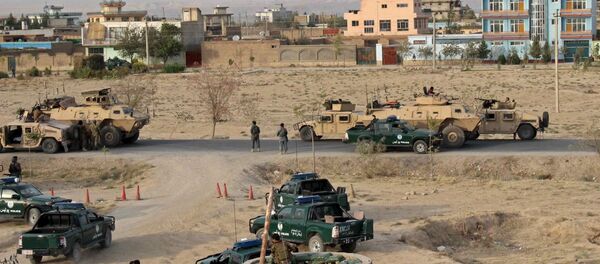In some cases, the projects have had the opposite effect, increasing support for the Taliban, according to an internal study by the United States Agency for International Development (USAID).
The study found that Afghans believed that USAID projects in their country, including the construction of a wall around a schoolyard and the repair of an irrigation system, would not have been allowed to take place without Taliban approval.
"Worryingly, stabilization programming actually had the perverse effect of increasing support for the Taliban in Taliban-controlled villages," said the study carried out for USAID by Management Systems International, an agency contractor.
The study found that support for the Taliban increased in 13 villages where US-backed projects took place.
USAID defended its projects, saying the Afghan villages mentioned in the study represented a small proportion of those that have received American assistance.
"We worked in 5,000 villages over five years, and in the vast majority we saw an increased support for the government," said Jason Foley, a USAID senior official.
In other cases, USAID managed its projects so poorly that Taliban leaders were able to successfully submit requests through intermediaries for American aid projects for villages under the group’s control, the study found.



